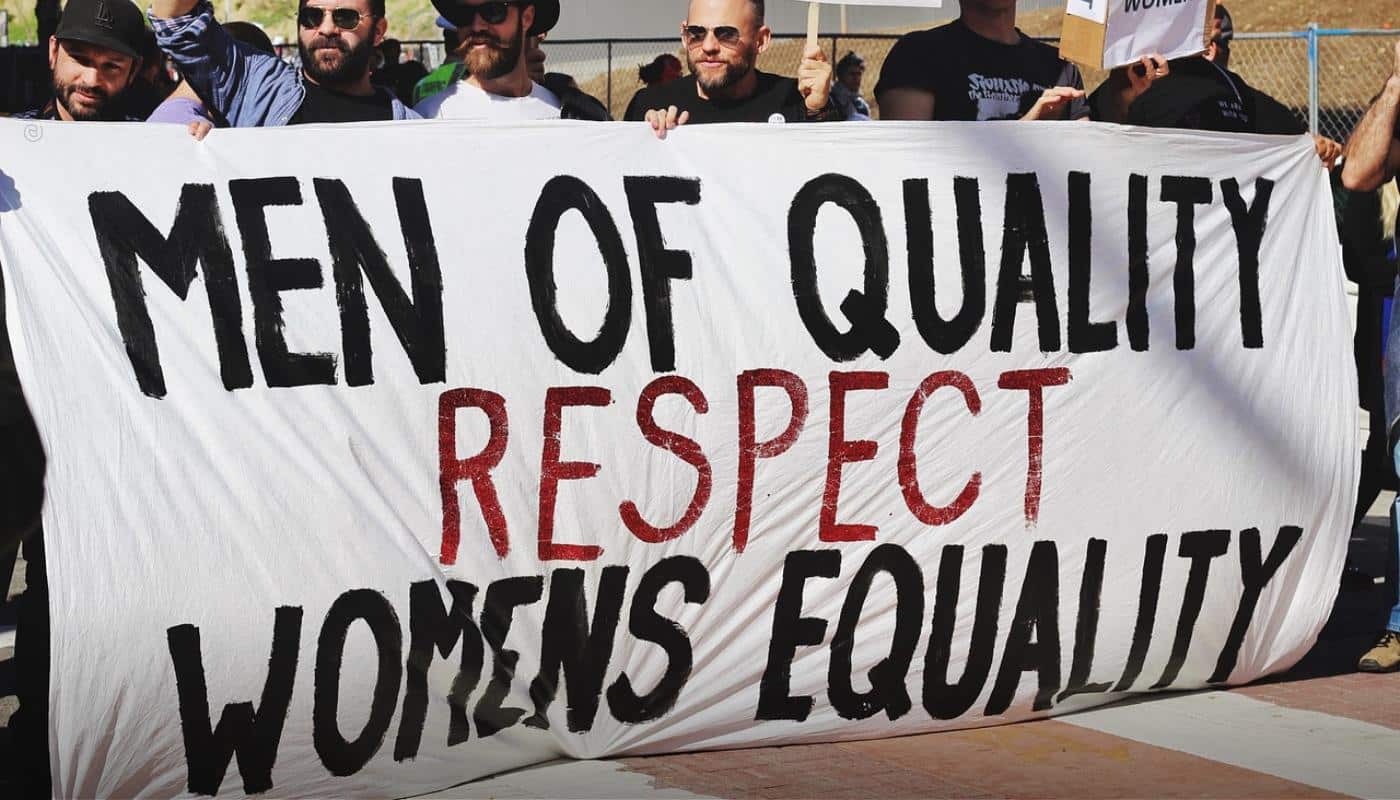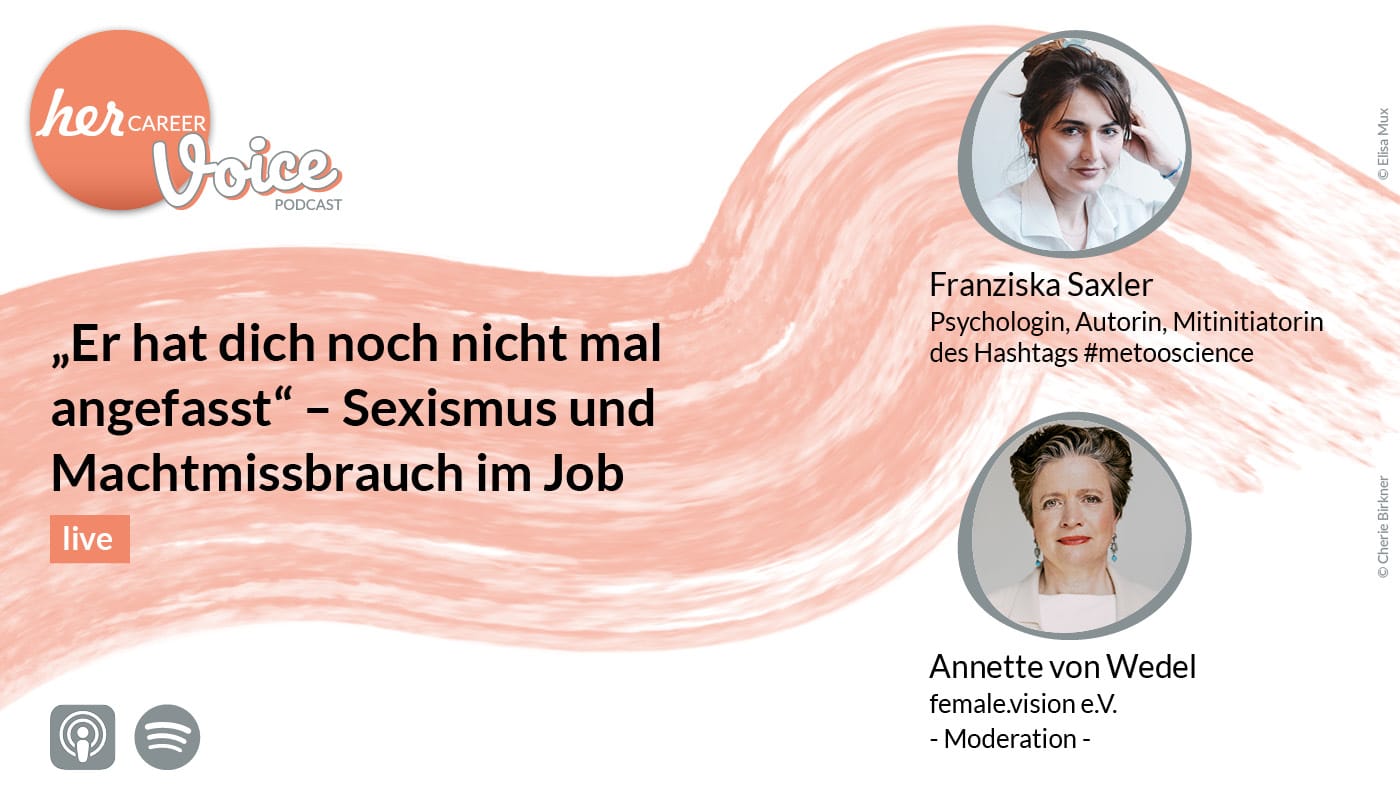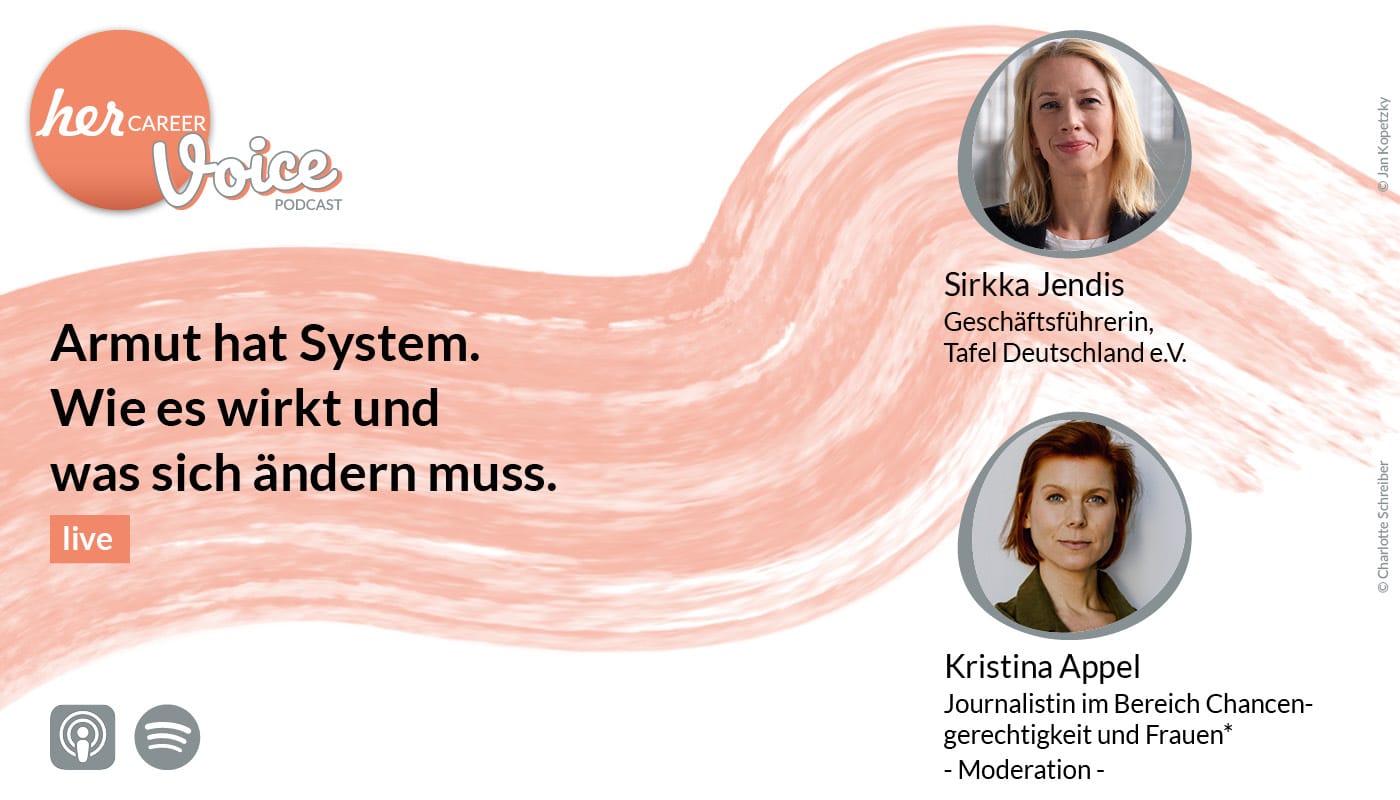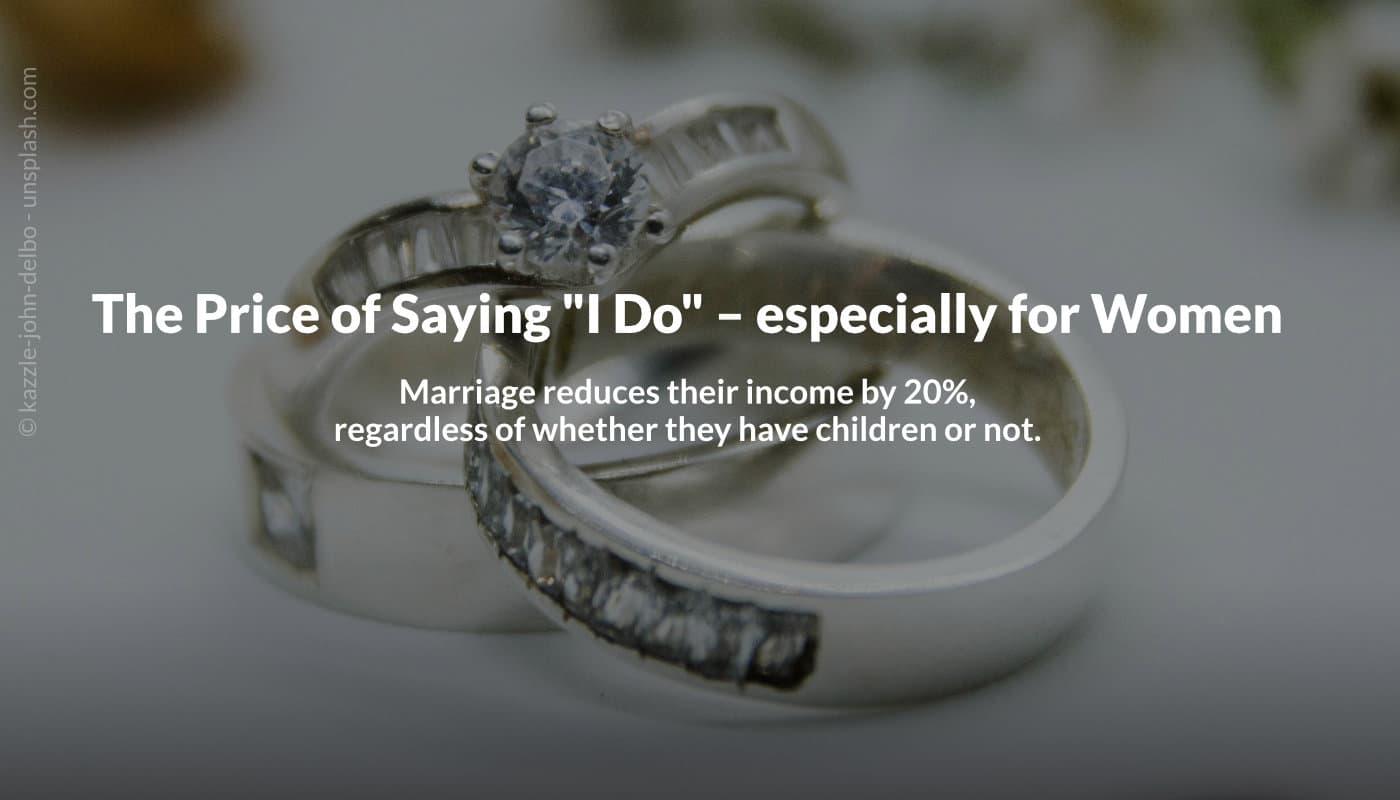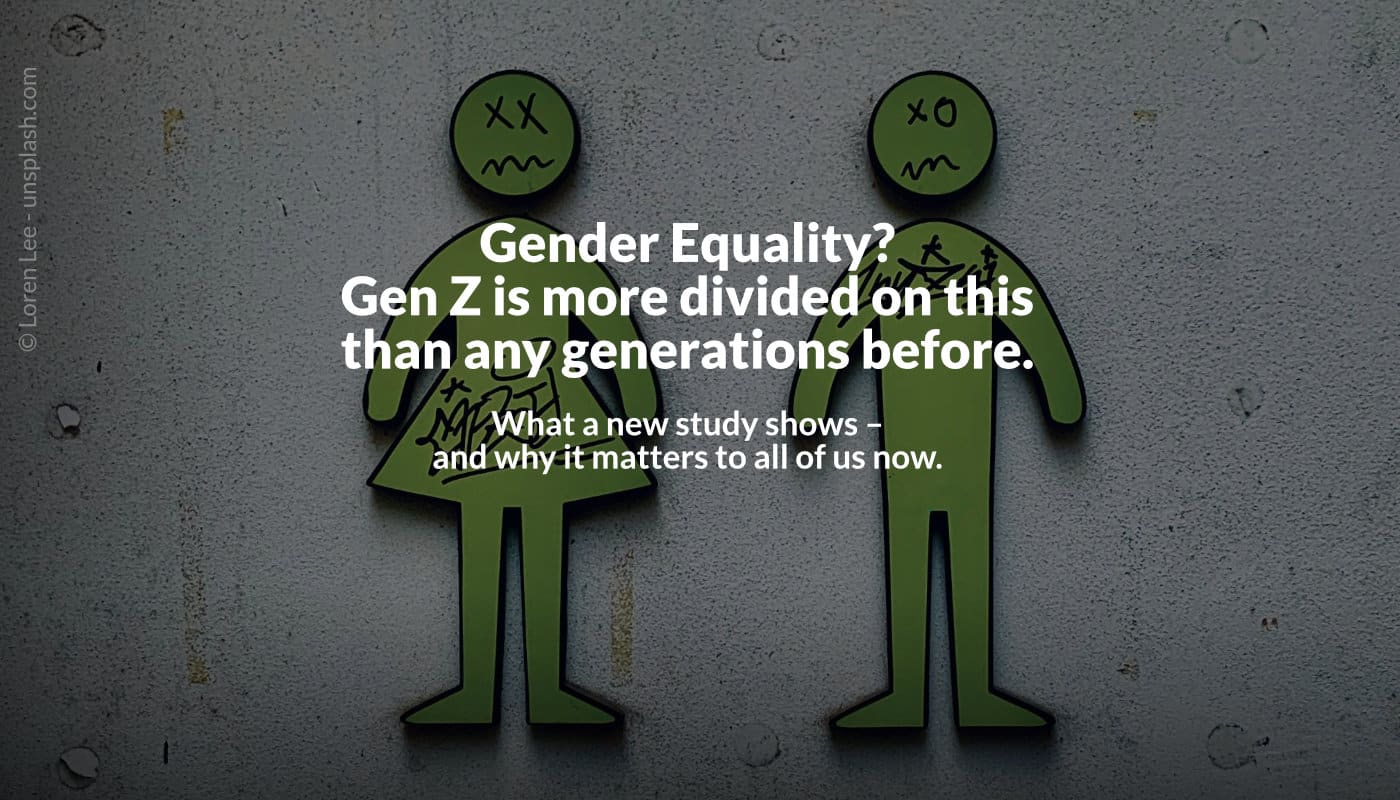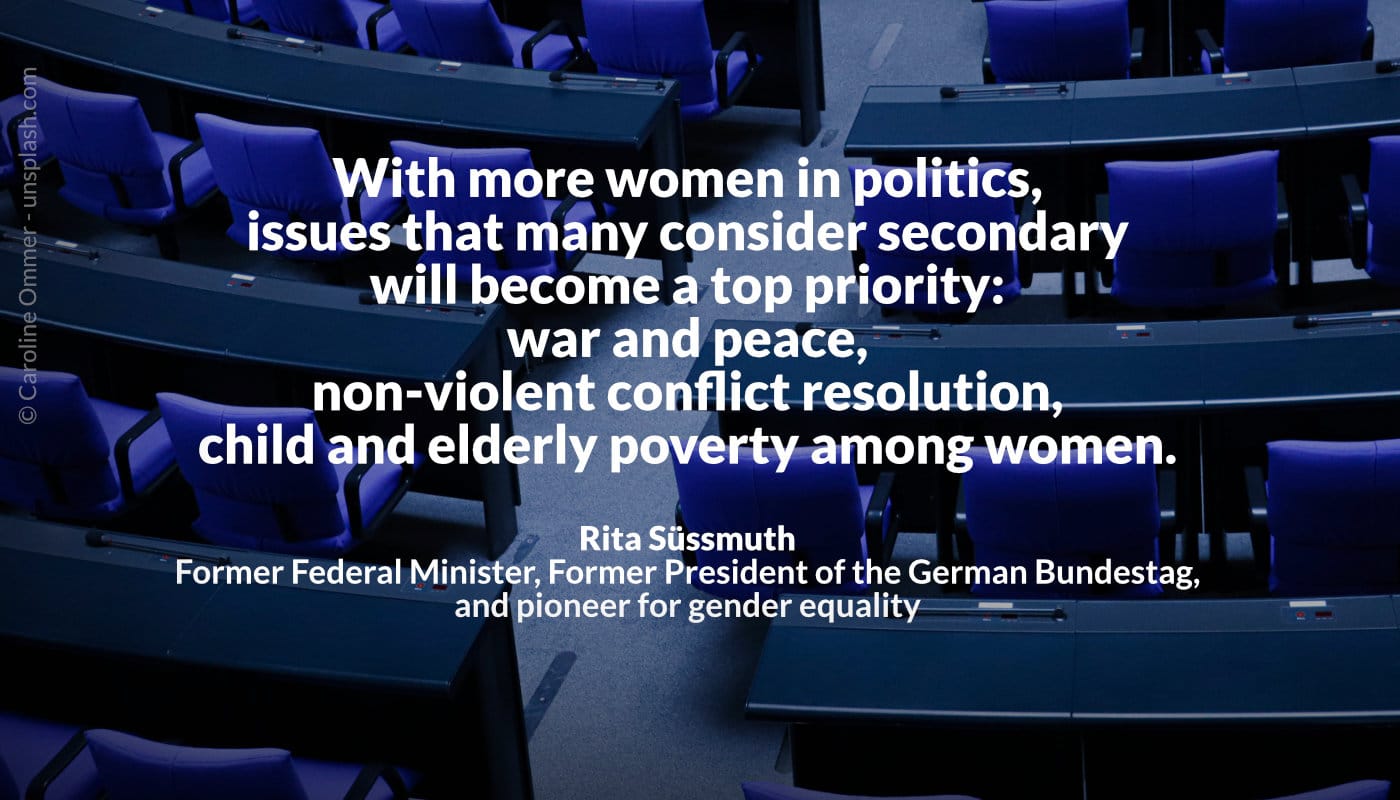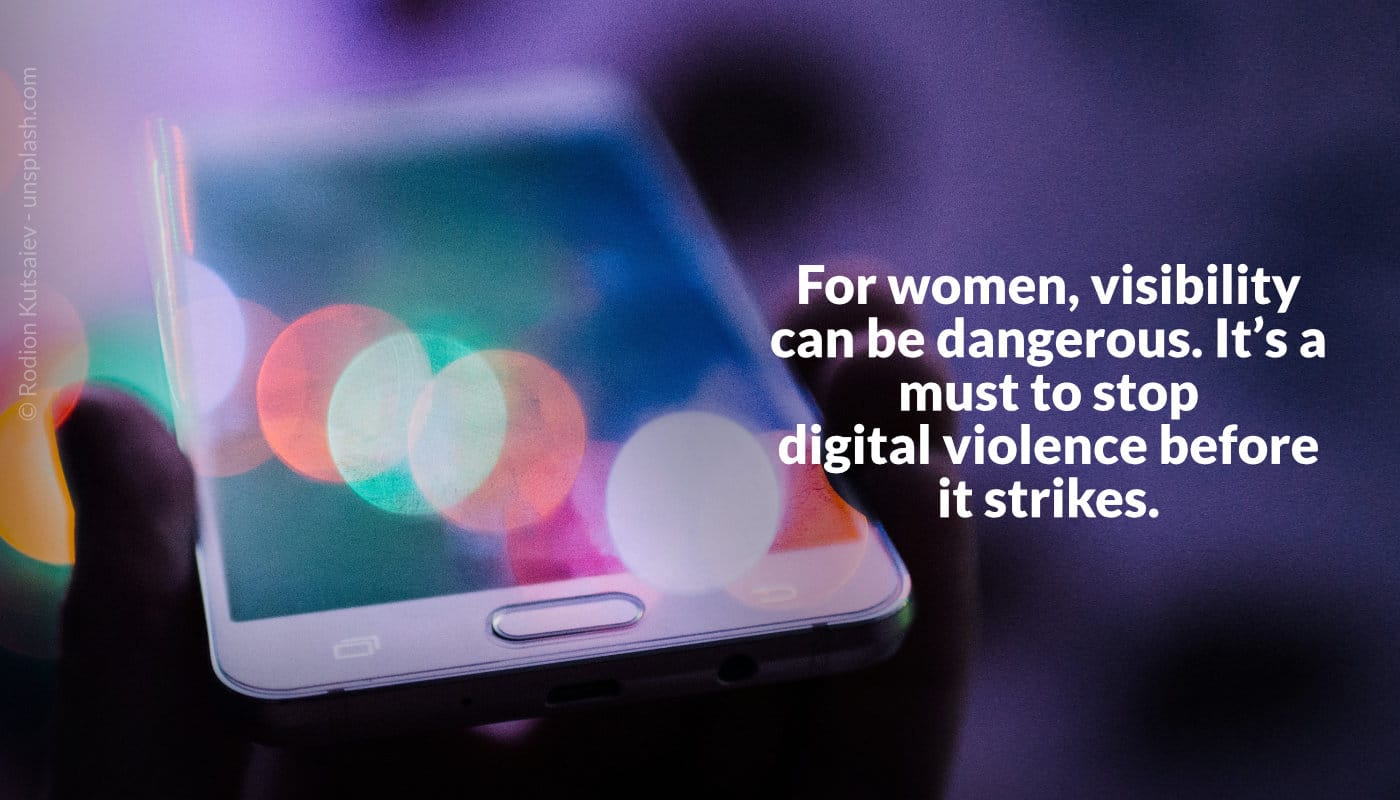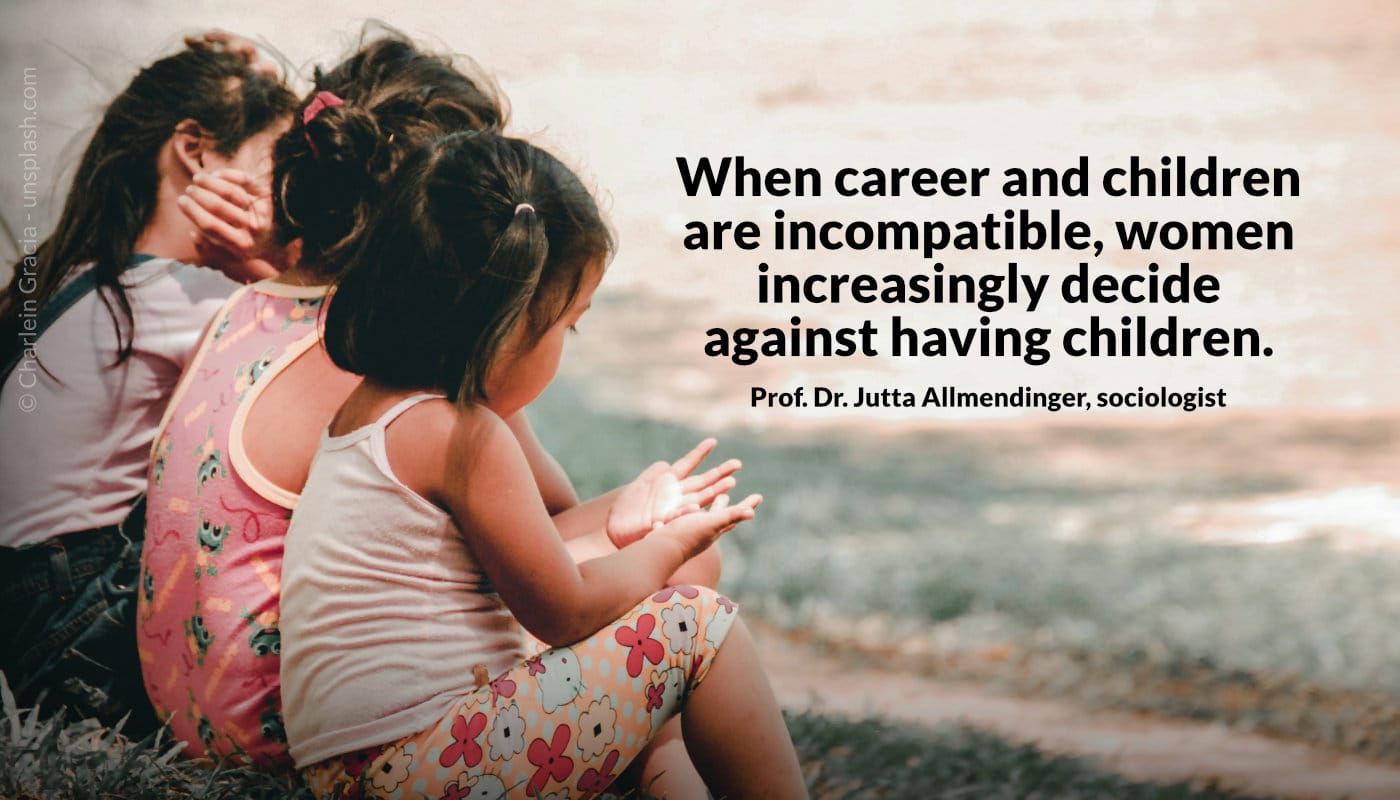Men are also victims of the patriarchal system. And they too benefit from true equality, writes Gilda Sahebi in taz.
“Domestic and partner violence most often and primarily affects women. The perpetrators are men. However, this systematic violence against women does not mean that the patriarchal system has no devastating effects on men,” says Sahebi.
“The misogynistic narratives in a supposedly enlightened country like Germany are everywhere. They are hidden in films, advertising, textbooks, newspapers, and political debates. (…) The most destructive—often unconscious—narrative is the one that claims boys and men are ‘weak’ if they show emotions. The emphasis is on showing: because of course, all people have emotions, regardless of their gender.”
And when a person believes they are not allowed to show their emotions, this means: “They will suppress their feelings. This means: They will never be able to be themselves; they will never get to know or even understand themselves; they will never act, but always react; their feelings will constantly influence and unconsciously control their actions.”
For men, it is harder to form connections with other people— “partly because connections between people are made through emotions. And partly because ‘real’ men are not allowed to ask for help; they have to deal with their problems on their own. The idea that asking others for help and knowing what you need is a sign of strength, not weakness, doesn’t fit into this destructive narrative.”
Studies and crime statistics show that people who don’t know their emotions and therefore can’t deal with them, often find a “solution” in aggression and violence. Victims of violent crimes are very often men as well—they “are both perpetrators and victims at the same time.” This in no way excuses violence: “Every person is responsible for the decision to hurt others. They carry that responsibility alone. It’s about the narratives underlying this violence; narratives that construct and maintain a society.”
Sahebi finds it inappropriate to call men “allies” who advocate for gender equality. “It is just as much their path. They fight for their sons, their brothers, their fathers. When women are equal, when the number of femicides decreases, when sexualized assaults are not commonplace—then boys and men will be better off too. (…) Then perhaps fewer men will seek salvation in choosing politicians who explain to them what ‘real men’ are. ‘Real men’ are nothing more than the essence of weakness.”

Published herCAREER,
Posted on LinkedIn on 04.11.2024
References:
